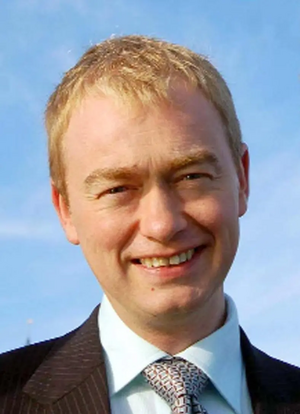Green Liberal Democrats - Party Leadership Election Environmental Q&A 10) Biodiversity
The Green Liberal Democrats have sent the two leadership candidates a series of questions, to inform party members, through their responses, about their green credentials.
In the run up to our annual conference in Manchester on June 27th, we will be publishing their answers, one question at a time.
Q10. How in the UK can we promote biodiversity and slow the current rate of extinction of species?


Tim Farron | Norman Lamb |
Britain's natural environment, including its wildlife, animals and plants, is precious - not just for its own intrinsic value, but in the 'ecosystem services' it delivers - for example, pollination of plants by bees. There is an urgent need for a Nature Act to put the (currently temporary) Natural Capital Committee (NCC) on a statutory footing, to require it to set targets for natural capital, including?the protections of biodiversity, clean air and water, and to empower it to recommend actions to meet these targets. I will argue for this in Parliament. | We must continue to reform our system of agricultural subsidy - both domestically and through the Common Agricultural Policy - to reward environmentally-responsibly farming. We also need to take action to reduce use of chemicals and protect hedgerows and native tree species. We should make sure that the precautionary principle is correctly and consistently applied by UK public bodies to protect our most valuable habitats. And we must continue to oppose any plans to sell of our public forest to private companies. |